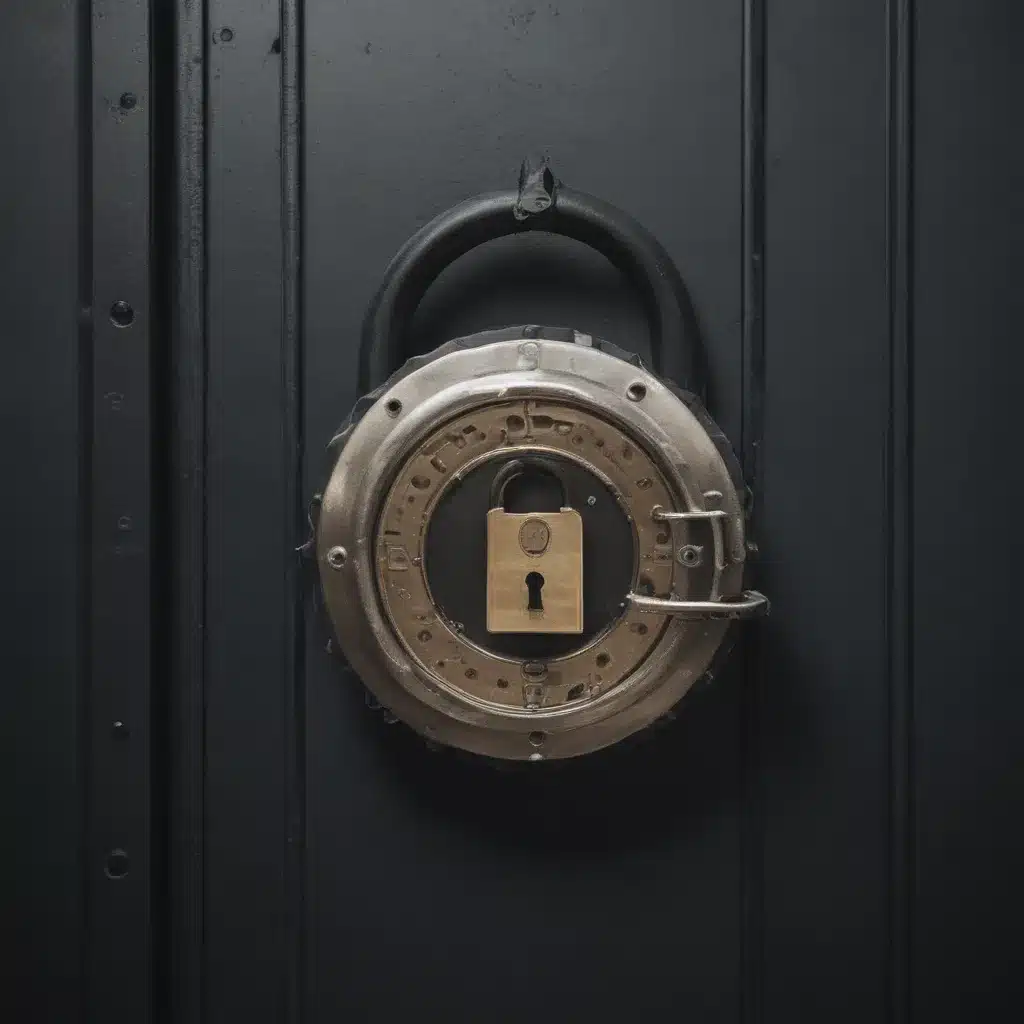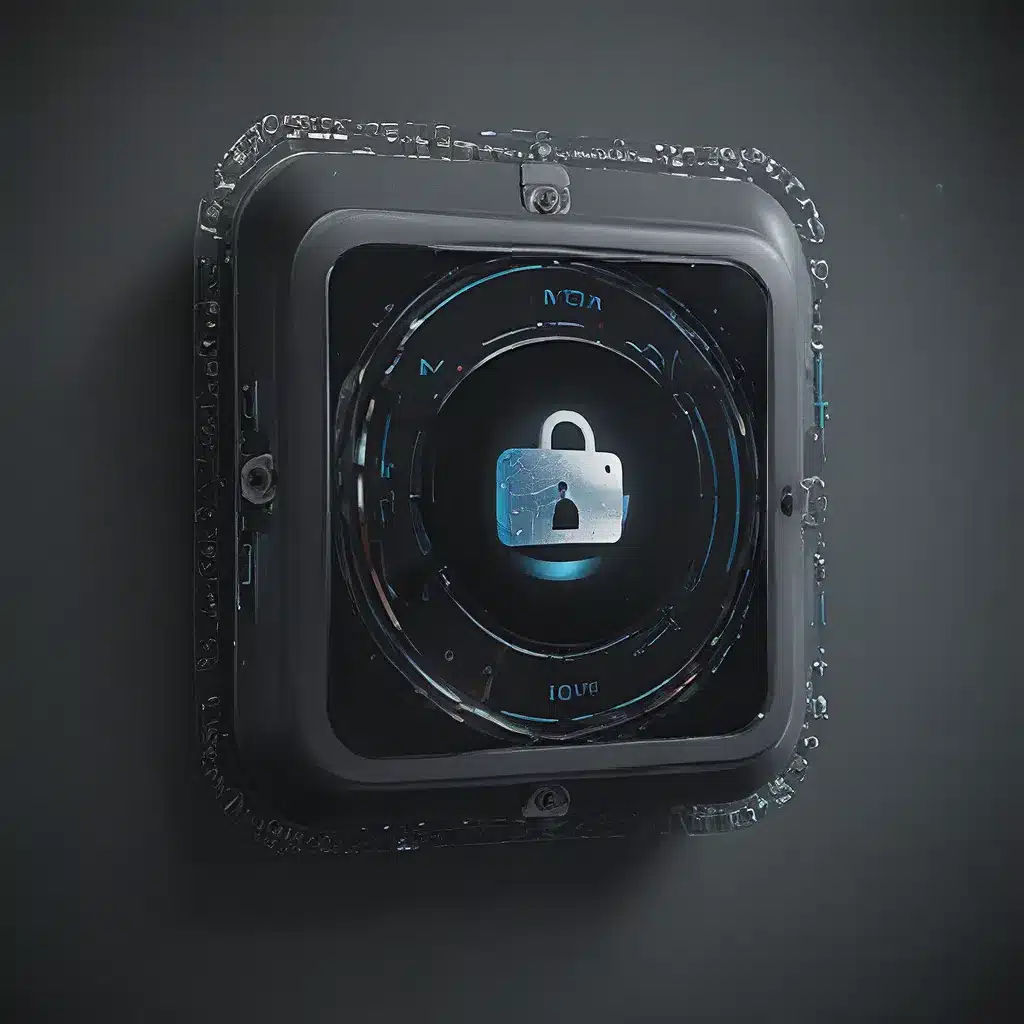As a UK-based computer repair technician, I’ve seen my fair share of data disaster scenarios. From accidental file deletions to full-blown ransomware attacks, the consequences of unprotected data can be devastating for both individuals and businesses. That’s why today, I want to dive deep into the importance of encrypting your backups – a critical step in safeguarding your sensitive information.
The Need for Robust Data Protection
In our digitally-driven world, data has become the lifeblood of modern organizations. Whether it’s customer records, financial statements, or intellectual property, the information we generate and store is invaluable. Unfortunately, this data is also a prime target for cybercriminals, natural disasters, and human error. [1] A single data breach or system failure can cripple a business, costing millions in recovery efforts and damaged reputations.
That’s where a comprehensive data protection strategy comes into play. While measures like firewalls, access controls, and regular backups are essential, one often-overlooked component is the encryption of those backup files. [2] You see, even if you have the most robust backup system in place, unencrypted data is still vulnerable to prying eyes and malicious actors.
The Power of Encryption
Encryption is the process of converting readable information into an unbreakable code, essentially locking it away from unauthorized access. [3] When applied to your backup files, encryption acts as a digital safe, ensuring that even if your backups fall into the wrong hands, the data inside remains protected.
There are several encryption methods available, each with its own strengths and weaknesses. Symmetric encryption, for instance, uses a single shared key to both encrypt and decrypt data. [4] This approach is generally faster and more efficient, but requires that both parties have access to the same key, which can be a security risk.
On the other hand, asymmetric or public-key encryption utilizes a pair of keys – one public and one private. [5] The public key is used to encrypt data, while the private key is required for decryption. This method offers a higher level of security, as the private key never leaves the owner’s possession.
Regardless of the specific encryption technique you choose, the key is to ensure that your backup data is protected from end to end. [6] This means encrypting the data before it’s even stored in the backup, and maintaining that encryption throughout the entire backup and restoration process.
Practical Encryption Strategies
Implementing effective encryption for your backups doesn’t have to be a daunting task. Many modern backup solutions, both cloud-based and on-premises, come equipped with built-in encryption capabilities. [7] These tools allow you to easily configure encryption settings, manage keys, and even set policies for automated data protection.
For those who prefer a more hands-on approach, there are also standalone encryption software options that can be integrated with your existing backup workflows. These tools often offer advanced features like multi-factor authentication, key management, and secure key storage – all of which can further bolster the security of your sensitive data.
Overcoming the Encryption Hurdle
I know what you might be thinking: “But wait, won’t encryption slow down my backup and restore processes?” It’s a valid concern, as encryption can indeed add an extra step to data transfers. However, advancements in encryption algorithms and hardware have made the performance impact largely negligible for most use cases. [8]
Moreover, the peace of mind that comes with knowing your data is securely protected far outweighs any minor inconveniences. After all, what good is a robust backup system if the information it contains can be accessed by anyone?
Conclusion: Embracing the Encrypted Future
In today’s digital landscape, where data breaches and ransomware attacks are becoming all too common, the importance of encrypting your backups cannot be overstated. By implementing robust encryption solutions, you’re not only safeguarding your sensitive information, but you’re also future-proofing your business against emerging threats.
So, whether you’re a small business owner or an IT administrator in a large enterprise, I urge you to take a long, hard look at your data protection strategy. Ensure that encryption is a key component, and that your backup files are locked away behind an unbreakable digital barrier. Your data – and your peace of mind – will thank you.













